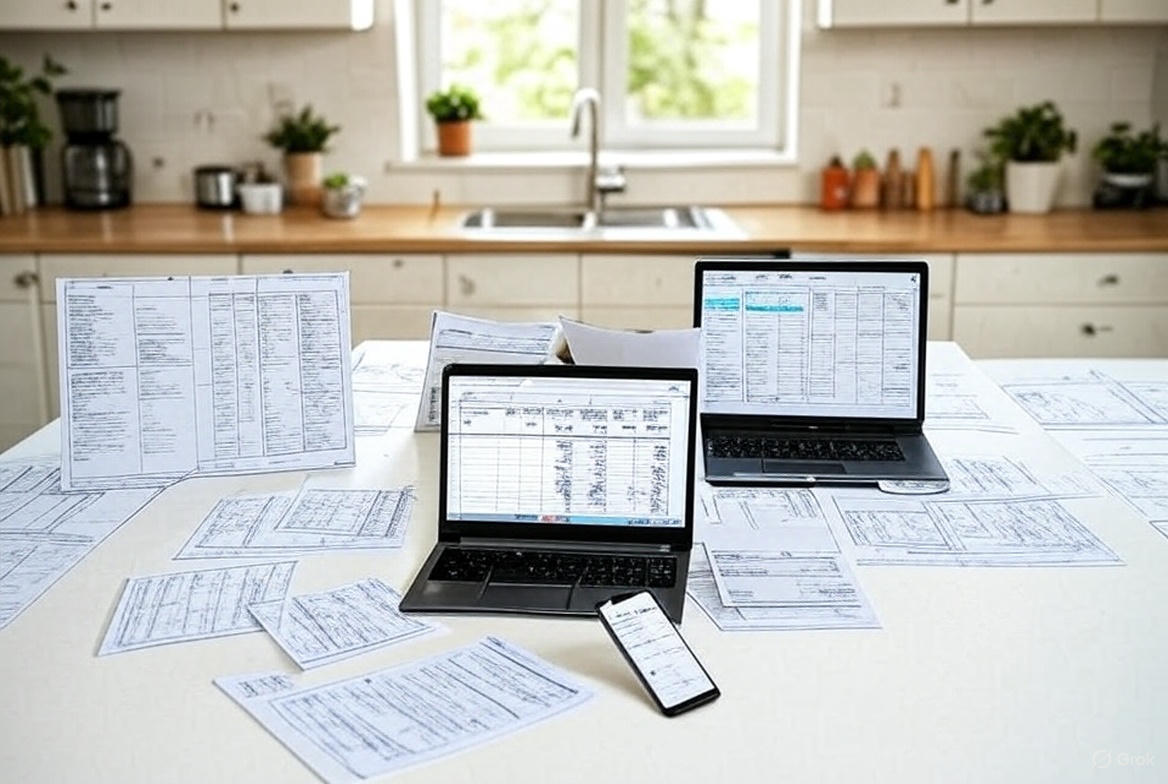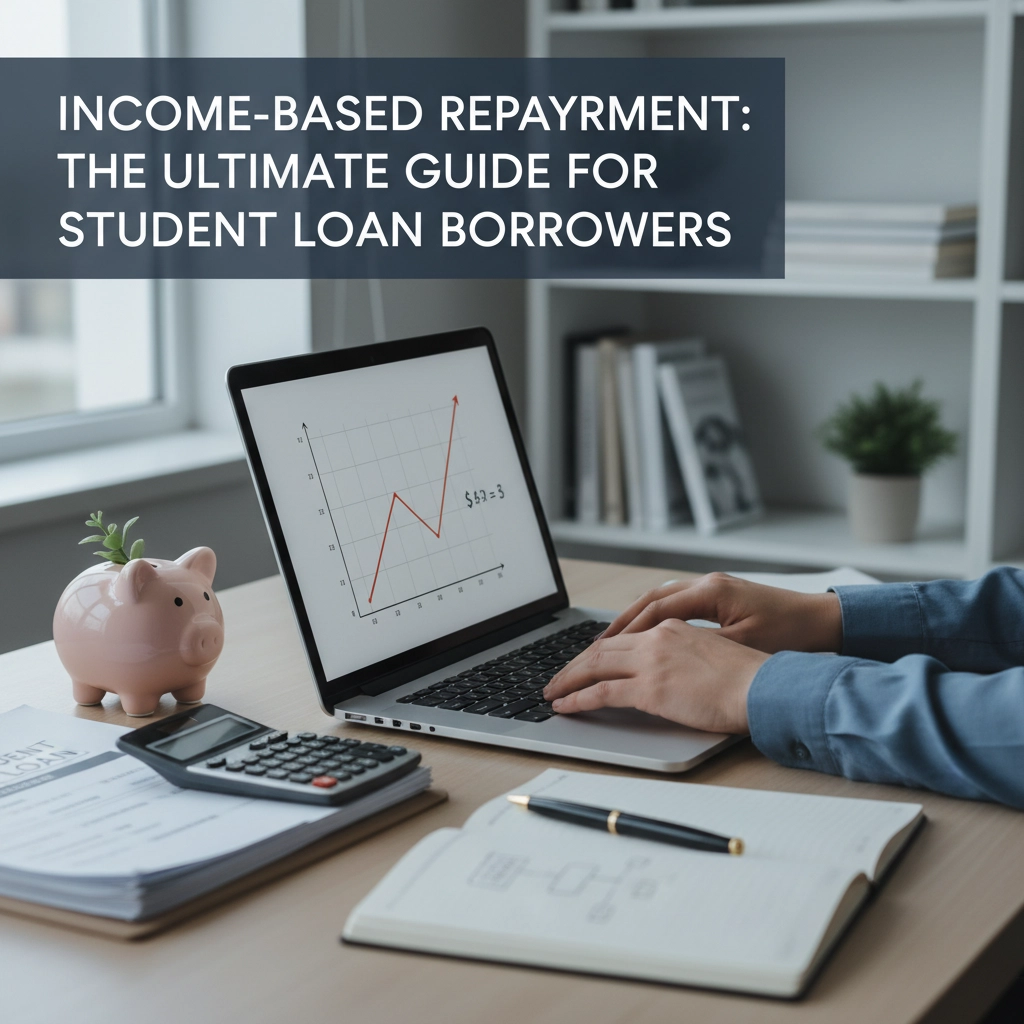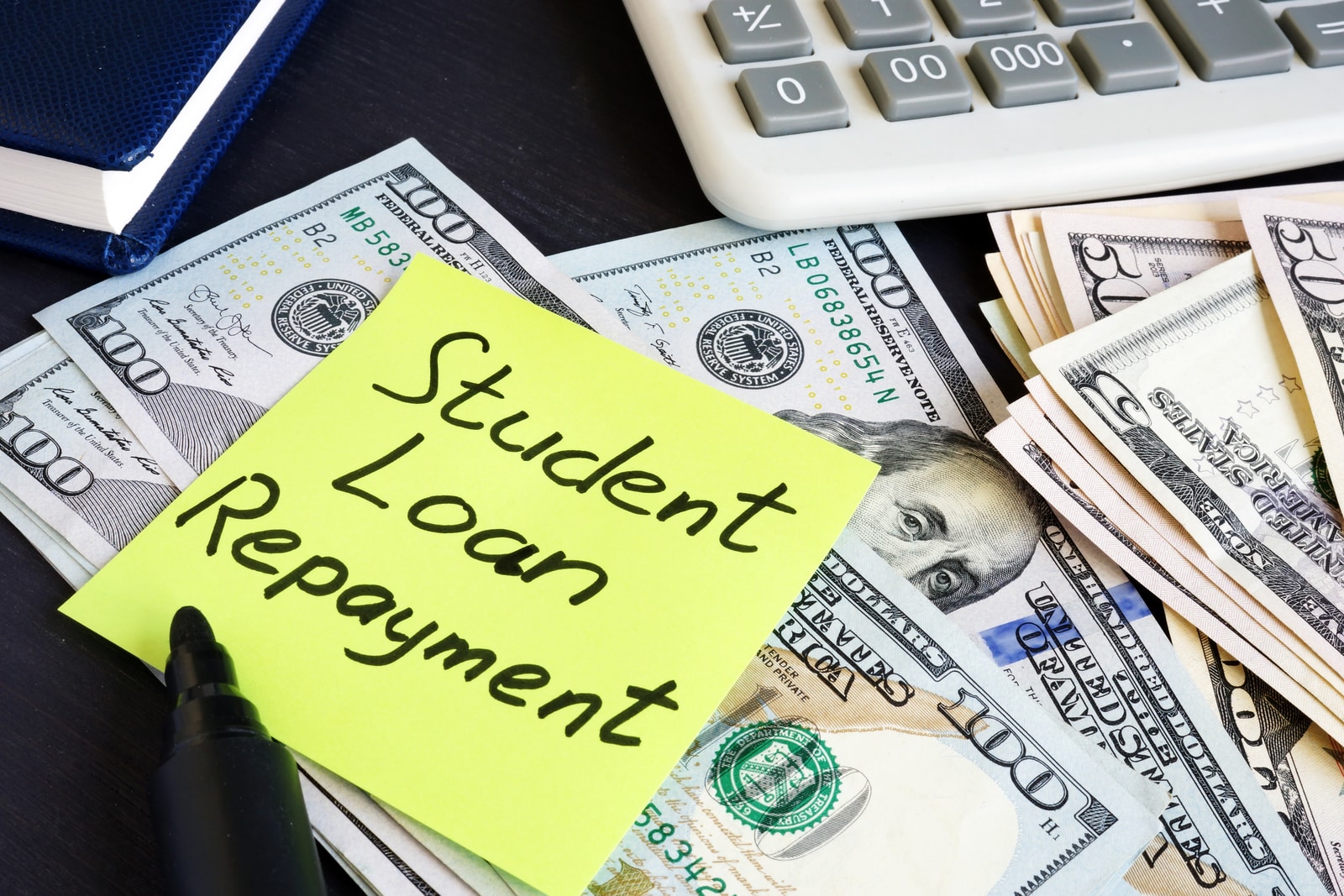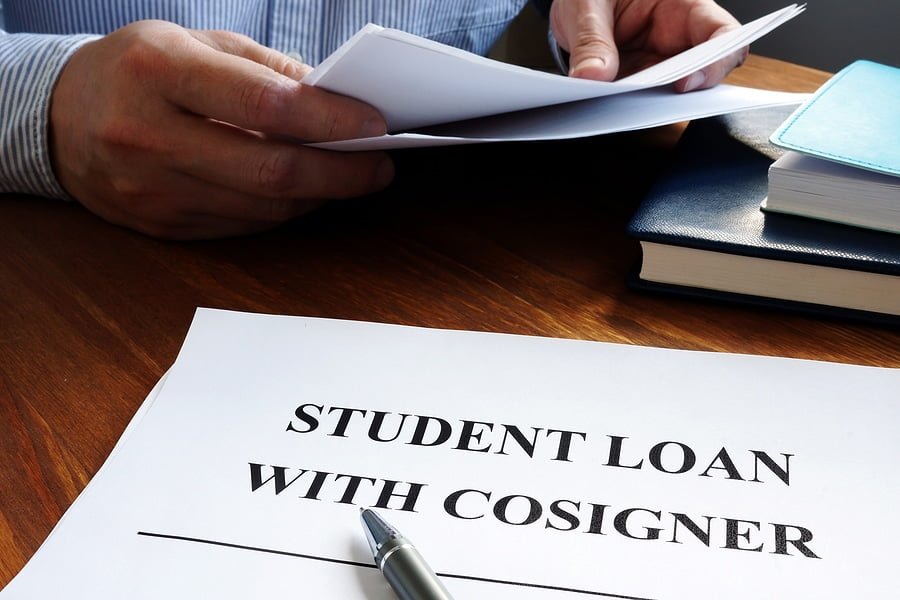
Student Loan Restart: 7 Strategies to Stay Ahead in 2025
Student loan restart strategies matter when repayment resumes — they help you protect credit, lower monthly bills, and avoid unwanted fees. This guide shows how
According to the Project on Student Loan Debt: Seven in 10 college graduates (71%) finish school with an average of $29,400 in student loan debt.

Student loan restart strategies matter when repayment resumes — they help you protect credit, lower monthly bills, and avoid unwanted fees. This guide shows how

Income-based repayment is one of the most popular repayment options for federal student loans because it adjusts monthly payments based on income and family size.

Understanding student loan consolidation vs refinancing is essential for managing multiple loans efficiently. While both options simplify repayment, they differ in eligibility, interest rates, and

Old collection accounts, especially those related to student loans, can stay on your credit report for up to seven years. These accounts can reduce your

Choosing between student loan consolidation vs refinancing can make a big difference in how much interest you pay over time. While both strategies simplify debt

Student loan relief 2025 brings a wave of hope for low-income earners burdened by educational debt. As college costs continue to climb, many individuals struggle

Navigating the world of student loans can feel overwhelming, especially when it comes to understanding your repayment options. You may find yourself faced with a

If you’ve ever wondered what happens if you don’t pay off student loans, the answer is clear: defaulting can have life-altering financial consequences. From wrecked

The student debt crisis has emerged as one of the most pressing financial issues facing young adults today. With the cost of higher education skyrocketing

Government Agencies That Pay Student Loans Navigating the world of student loans can often feel overwhelming, especially as you grapple with the burden of debt

Student loan debt in the United States has reached a staggering $1.6 trillion, affecting millions of borrowers across the country. Whether you’re a current student,

Student loan debt is a growing concern for many Americans. With tuition costs steadily rising and students taking on more debt to finance their education,

As of October 1, 2023, the payment pause that had been in effect for federal student loans ended. That means millions of borrowers who had

The cost of higher education continues to rise, and as a result, many students turn to student loans to finance their education. However, not all

If you’re considering paying your adult child’s student loans here are 10 scenarios to consider saying YES, NO or MAYBE to repaying that college debt.